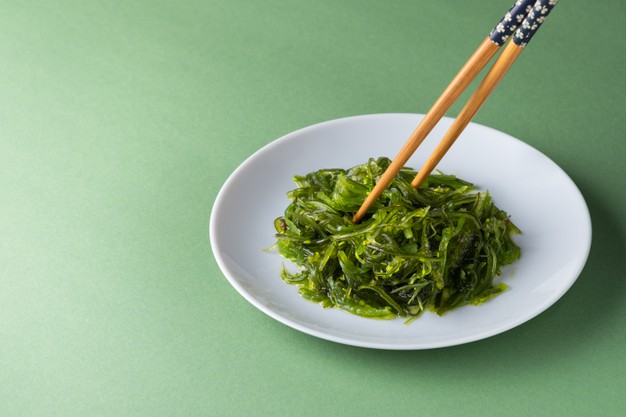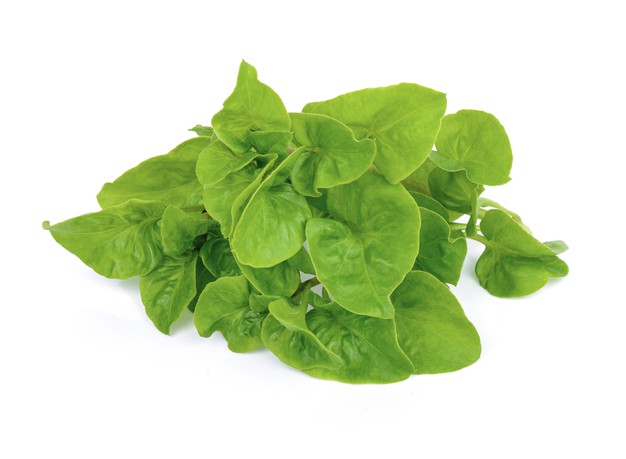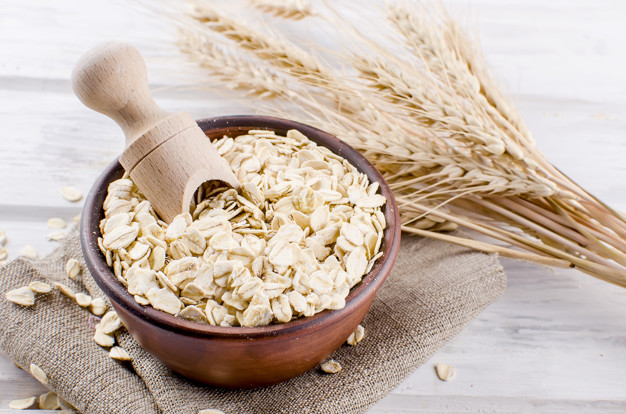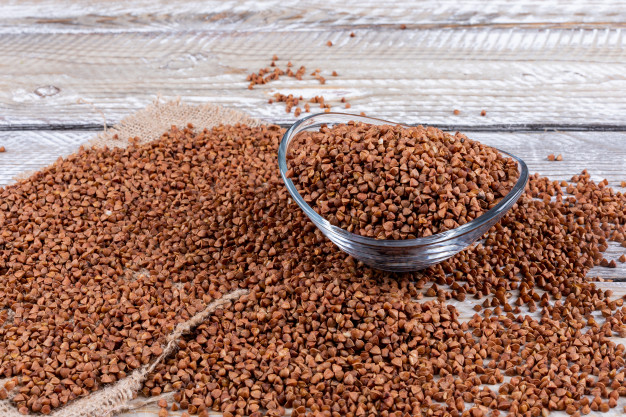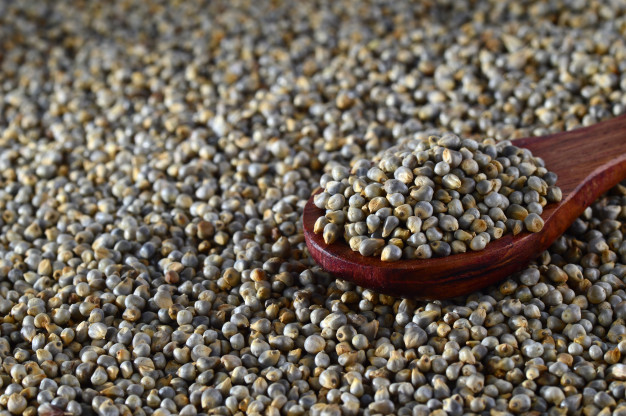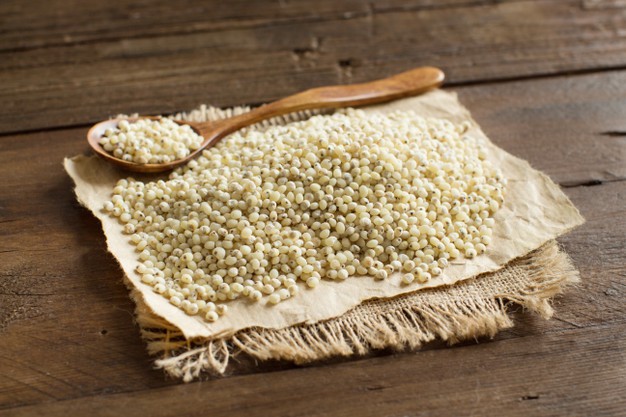Sea or ocean contains several nutritious plant species, which are collectively known as seaweeds. Basically seaweeds are packed with numerous important trace elements and bioactive compounds, which are extensively used for various therapeutic purposes.
Type
Several types of seaweed are found in nature, which include –
- Arame
- Chlorella
- Dulse
- Kelp
- Kombu
- Nori
- Sea lettuce
- Spirulina
- Wakame
All of the above stated seaweeds are widely used for preparing various dishes and all of them are extremely nutritious.
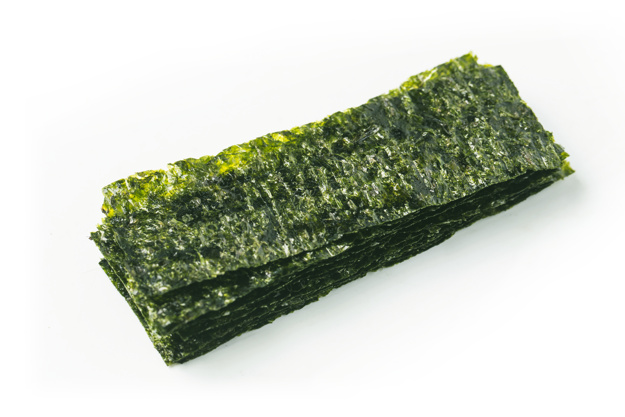
Nutritional profile
- It contains very less amount of carbohydrate
- It is significantly rich in fibre and contains both soluble as well as insoluble fibre
- It contains protein as well. It has seen that seaweed contains several vital amino acids
- It contains negligible amount of fat thus it is referred as low fat food
- It does not provide enough calorie on its oxidation thus it is considered as an ideal food for obes individual
- It contains several vitamins like Vitamin A, Vitamin E, Vitamin C, Vitamin K and Vitamin B complex. Among Vitamin B complex it is especially rich in Vitamin B1 and Vitamin B2
- It also contains various important trace elements, which include iron, iodine, manganese, copper, sodium, potassium, calcium, phosphorus and fluorine
- It contains various phytonutrients as well, which are responsible for exhibiting nutraceutical activities

Role of seaweed in health and disease prevention
Role on thyroid gland
- Thyroid gland is one of the most important endocrine glands of the body situated in the front of the neck and below the larynx. The main function of this gland is to produce thyroid hormones, which play various functions in body like regulating metabolism, cellular growth etc
- Thyroid gland produces thyroid hormones with the help of iodine. Iodine is an important trace element. It has seen that iodine binds with protein named thyroglobulin present in thyroid gland and produces thyroid hormones triiodothyronine or T3 and thyroxin or T4 respectively
- Seaweed is a great source of iodine thus its consumption is responsible for contributing adequate amount of iodine to the body, which helps in the normal synthesis of thyroid hormone
- Deficiency of iodine may lead to abnormal production of thyroid hormones that eventually develop hypothyroidism or hyperthyroidism. In order to prevent the above stated thyroid disorders it is better to consume a diet, which is rich in iodine and it can be easily done if seaweed is incorporated in diet
Role on digestive health

- Seaweed acts as an ideal food for intestinal beneficial microbes. Fibre present in seaweed is considered as the principal feed for intestinal flora. They break fibre into various compounds, which play significant role in improving gut health as well as gut immunity
- Inclusion of seaweed in diet is considered as the easiest way to provide gut healthy prebiotic fibre to the body
- Its fibre content is responsible for preventing constipation as it is associated with increasing bowel movement. It helps to make the stool bulky and soft, which also helps in easy defecation
- It also helps to improve colonic health by enhancing peristalsis. It has seen that its consumption is very effective for decreasing the risk of developing diverticular disease and colon cancer
- It is related with preventing indigestion and diarrhoea too
Role on weight management
- Individual who want to reduce their body weight should include seaweed in their diet
- Fibre content of seaweed is considered as the main component responsible for weight reduction. It has seen that fibre present in seaweed is associated with providing a feeling of fullness thus decreases food consumption, which ultimately facilitates weight reduction
- It is also responsible for delaying stomach emptying thus decreases hunger, which also decreases over eating
- Its fibre content is accountable for reducing total body fat percentage in body that also helps to prevent obesity
- It also helps to increase the metabolic rate of the body. As it increases calorie expenditure whereas restricts calorie intake by reducing hunger, it helps to develop a negative energy balance within body that significantly reduces body weight

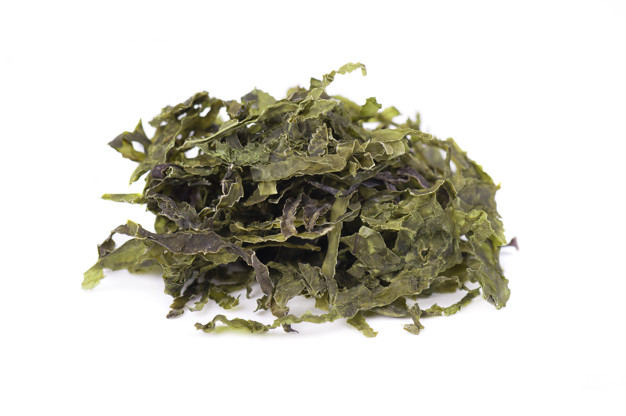
Antioxidant activity
- Vitamin A, Vitamin C, Vitamin E, flavonoids and carotenoids components of seaweed act as strong antioxidant, they help to protect the body from oxidative damages thus reduce the suscreptability of developing various chronic diseases like cardiac disease, cancers, diabetes etc
- It helps to decrease the concentration of free radicals and reactive oxygen species in body thus make them less reactive
- Consumption of seaweed is extremely beneficial for preventing ageing
Seaweed and cardio vascular disease
- Cardio vascular disease is considered as one of the most leading causes of death worldwide
- High cholesterol level, hypertension, obesity, smoking are recognized as the main factors that enhance the risk of cardiovascular diseases
- It has seen that soluble fibre present in seaweed binds with bile salt or bile acid as a result body utilizes cholesterol for replacing these elements that leads to decrease in total cholesterol concentration
- It is mainly associated with reducing the concentration of LDL, triglyceride and VLDL in body and inhibits unnecessary fat deposition within body especially within blood vessels, thus decreases the prevalence of visceral obesity as well as atherosclerosis, which ultimately reduces the risk of developing cardio vascular diseases
- On a contrary it has seen that consumption of seaweed significantly improves the level of HDL, which provides a positive impact on cardiac health
- Its consumption is very effective for promoting cardiac functions as well
- It helps to improve endothelial health as well as functionality thus promotes blood circulation
- Fucan is an important substance present in seaweed acts as an imperative anti-coagulant that helps to prevent blood clotting
- Its antioxidant activity is responsible for supporting the cardiac health over time. It is associated with protecting the heart from the free radical induced oxidative damages and improves cardiac health

Seaweed and diabetes
- Diabetes is a metabolic syndrome that affects the ability of the body to process glucose. Recently it becomes very prevalent and affects a wide range of people. It is considered as a chronic health problem and it should be controlled properly otherwise it may develop renal disorders, nervous disorders and cardiac disorders
- It has seen that consumption of seaweed is very beneficial to decrease elevated blood sugar concentration thus it is better to include it in the diet of diabetic patients. Non diabetic individuals or individuals who are at risk condition should also consume seaweed for avoiding the risk of developing diabetes mellitus
- Seaweed especially brown seaweed contains an imperative compound named fucoxanthin, which plays imperative role in controlling blood sugar concentration
- Alginate is another important component of seaweed, responsible for preventing blood sugar spike
- Seaweed also contains adequate amount of fibre, which also exerts hypoglycemic effects. It is associated with decreasing the rate of glucose absorption from intestinal epithelial cells as a result it helps to decrease postprandial glucose load
- It is also related with increasing insulin sensitivity, which ultimately helps to stabilize blood sugar concentration

Risk factors
- It is water soluble thus its prolong cooking can cause losses of nutrients especially water soluble vitamins and some minerals
- It is high in iodine thus its over consumption may interfere with thyroid gland function
- It also contains heavy metals thus its over consumption is not wise as it can cause toxicity

Source:
Admassu, H., Gasmalla, M.A.A., Yang, R. and Zhao, W., 2018. Bioactive peptides derived from seaweed protein and their health benefits: antihypertensive, antioxidant, and antidiabetic properties. Journal of food science, 83(1), pp.6-16.
Brown, E.M., Allsopp, P.J., Magee, P.J., Gill, C.I., Nitecki, S., Strain, C.R. and McSorley, E.M., 2014. Seaweed and human health. Nutrition reviews, 72(3), pp.205-216.
Brownlee, I., Fairclough, A., Hall, A. and Paxman, J., 2012. The potential health benefits of seaweed and seaweed extract.
Cherry, P., O’Hara, C., Magee, P.J., McSorley, E.M. and Allsopp, P.J., 2019. Risks and benefits of consuming edible seaweeds. Nutrition reviews, 77(5), pp.307-329.
Fleurence, J. and Levine, I. eds., 2016. Seaweed in health and disease prevention. Academic Press.
Qin, Y., 2018. Health benefits of bioactive seaweed substances. Bioactive seaweeds for food applications, pp.179-200.
Rajapakse, N. and Kim, S.K., 2011. Nutritional and digestive health benefits of seaweed. Advances in food and nutrition research, 64, pp.17-28.
